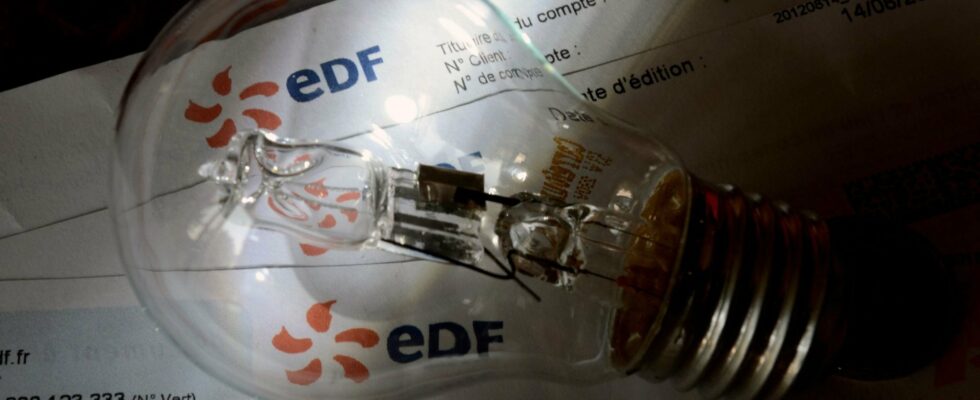In a few days, the COP29 Climate will open in Azerbaijan. The lights are far from green. Greenhouse gas emissions have further increased globally. Climate and ecology have largely taken a back seat to current political priorities. The armed conflicts in Ukraine and the Middle East have largely contributed to this. In France, interest in the subject of climate is struggling. In this context, the fact that the Prime Minister has put forward the ecological debt when no one asked him to does, at a minimum, shows personal conviction and that is to be welcomed in itself. It must be said that the question is not only a subject of public opinion, it is also an alarming reality. The current floods, which we know alternate with heatwaves and droughts, are the tangible and dramatic effects of this climate that we are disrupting.
What will COP29 say? Always the same message: the world is not living up to the objectives that we gave ourselves in Paris in 2015 during COP21. In France, ecological planning work has “quantified” the efforts to be made sector by sector, but they have not, for the moment, given the instructions for achieving this. Two of the most effective measures which have gained consensus in recent years have broken down: The electrification of uses and the energy renovation of buildings. A fatality? No !
The electrification of uses in mobility, industry and housing cannot be done with such a high price of electricity. Penalized by price increases 4 to 5 times higher than inflation, electricity consumption has fallen significantly over the last 10 years. In 2024, it will be lower than in 2004 even though France has increased its population by 10%. Why would the French use carbon-free energy instead of fossil energy if the first is more expensive than the second? The government must agree to abandon its plan to tax electricity. If he is not convinced of this in view of climate issues, he should do so for reasons of economic sovereignty. In fact, each kWh of electricity consumed in France represents euros kept in our economy. Each kWh of fossil gas or fuel oil consumed in France goes almost exclusively abroad.
A bottomless pit
Second lever: housing renovation. Is it taboo to say that it doesn’t work? At the current rate, the renovation of old private housing will take hundreds of years. However, we are injecting billions of euros into this policy. Let us do it for social housing, it is a quasi-public heritage, it is normal that this is funded with public money. Whether we do it in the private park, it is objectively a bottomless pit. A little benchmarking, however, allows us to glimpse solutions that work in other countries. One of them, which exists in Switzerland and the United States, consists of linking energy renovation to the home and not to the owner. Let’s explain this with an example. You are the owner of an old, unrenovated home. An establishment finances the renovation. The owner only repays the interest to the bank (and part of the capital if he wishes), for a moderate monthly payment, for example around 150 euros.
The great advantage of this system is that the loan is attached to the accommodation and therefore will be repaid by successive owners over the period necessary to amortize the large amount of work required, which, otherwise, is beyond the reach of most owners but also of bloodless public finances. It’s a bit as if the housing continued its life with an additional charge, like other induced charges, such as water, sanitation, electricity, or property tax.
Banks win in the long term. And in the absence of an immediate agreement with them, Caisse des Dépôts could begin the process. The legislative framework should be adapted. If you look closely, lending to the house and not to the owners would be a revolution in banking practices and mentalities in France. Revolutionary perhaps, but with more chance of results than the current “magical thinking” which consists of repeating over and over again that housing must be renovated without really saying how to achieve it. The cost? For the State, probably zero. We could concentrate public money dedicated to renovation on the social and tertiary stock of communities and the State. As for electricity, it is a sovereign energy. In the medium and long term, there can only be economic benefits. So why wait?
